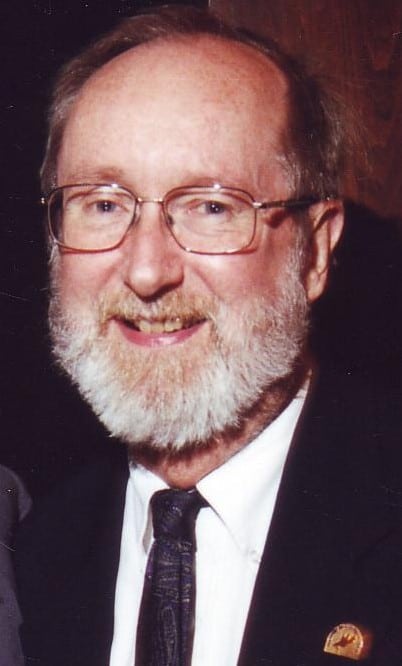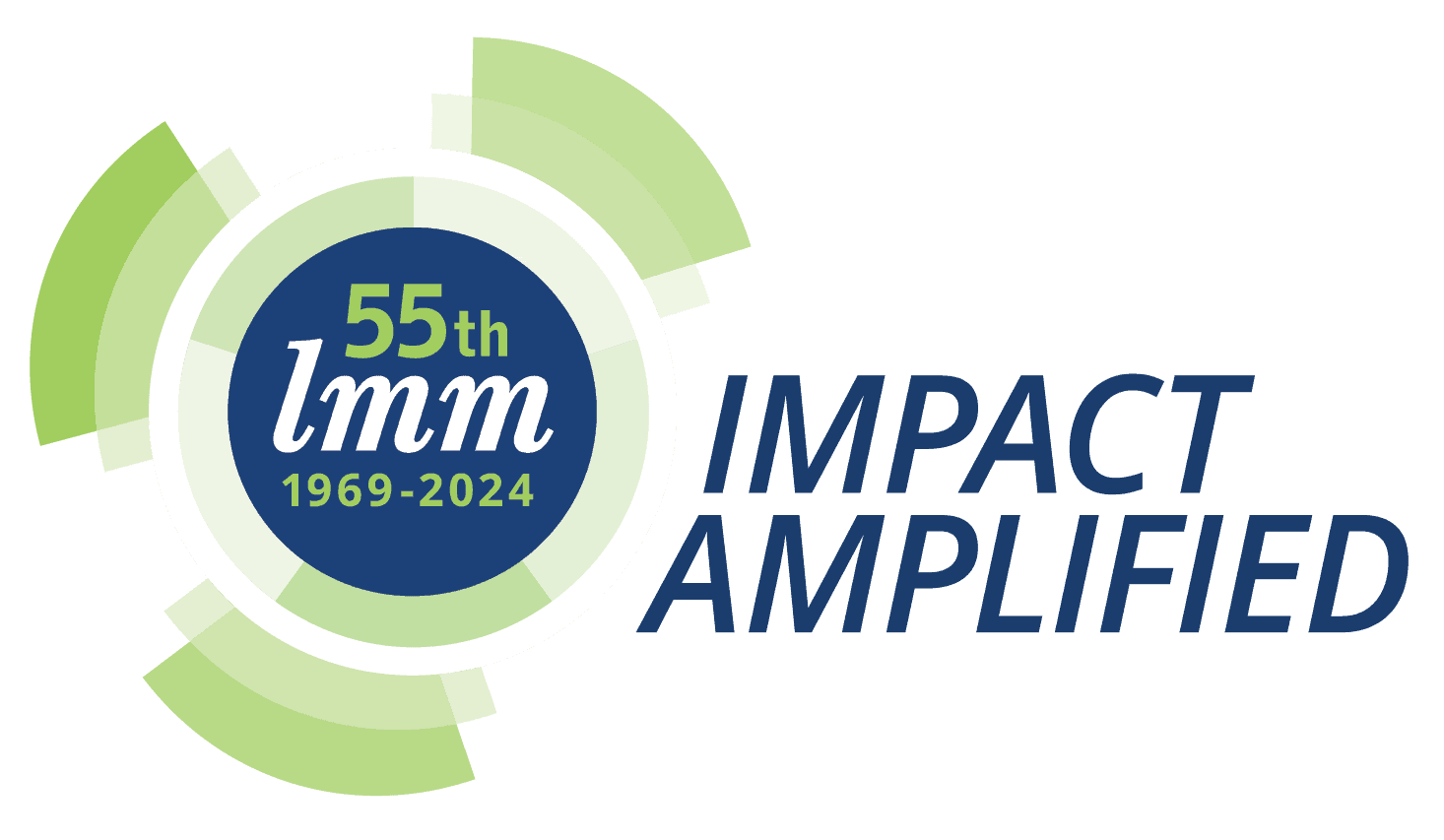Our History
LMM Through the Years
LMM’s mission is to promote shalom (peace, well-being, health, harmony, wholeness) and justice (the demands of right relationship in community) through Christian ministry of service and advocacy with those who are oppressed, forgotten and hurting. LMM has embraced this mission for more than 50 years.
The Early Days
According to the late Rev. Richard E. Sering, founding executive director of LMM, such a mission statement and such a mission don’t just happen. He wrote:
“It was not conjured up in a backroom by clergy ennobled by good Lutheran beer. It gets hammered out over years of following Jesus’ call to participate with him in His kingdom of God ministry—preaching good news to the poor, proclaiming release to the captives, recovering of sight to the blind and setting at liberty those who are oppressed. Wielding the hammers over the years were clergy and lay, younger and older, black and white, male and female, persons with disabilities and able bodied persons, wealthy and modest means, street educated and highly educated, Lutherans, Catholics, Episcopalians, Methodists, Presbyterians, UCC members, Baptists, Jews, Muslims, agnostics and, goodness, probably a few secular humanists.”
LMM’s conception goes back to the pain of the upheaval in the Hough area of Cleveland in the mid 1960s. The campus pastor at Case Western Reserve University called together the All Lutheran Pastoral Conference of Cleveland to consider an appropriate response. Misunderstood by many was a central figure for peace and neighborhood progress, Harllel Jones, often known as “Harllel X” (late director of Community Re-Entry’s Denise McNair New Life Center and longtime civil rights advocate). Harllel was the prime minister of the Afro Set, Cleveland’s most powerful black nationalist organization. Harllel spoke to the pastors, along with Concordia Seminary Professor Dr. David Schuller, an urbanologist. Each in his own way gave the same message; the clergy should unite and act.

Rev. Richard E. Sering, Founder of LMM
The founding group phoned the Lutheran Human Relations Association of America for assistance. A young Lutheran minister was brought to town from St. Louis in the summer of 1967. Rev. Richard Sering, his wife Susan and baby Jennie lived in the Commodore Hotel that summer. Sering assisted Lutherans to listen to the city, learn of positive initiatives and participate. He also designed a plan for a continuing agency, left the plan with the committee and returned with his family to their parish in St. Louis. The wheels of Lutheran cooperation ground slowly but steadily and, in 1969, a cooperative arrangement was reached involving all Lutheran church bodies. Dick Sering was officially called to direct the effort. He and his family, which now also included a son, Michael, moved to Cleveland in May, 1969, and Lutheran Metropolitan Ministry began.
Rooted firmly in the prophet Micah’s command to “do justice, love kindness and walk humbly with your God” (Micah 6:8), LMM staff went about “doing justice,” identifying injustice and working with the people involved to build the right relationships in the community. The philosophy of servant leadership, apparent in the unique structure of LMM, an upside down table of organization, provided an administrative core that undergirded ministry efforts—efforts that, for more than 50 years, have influenced legislation, gained national recognition and, most importantly, touched the lives of people who were oppressed, forgotten and hurting.


